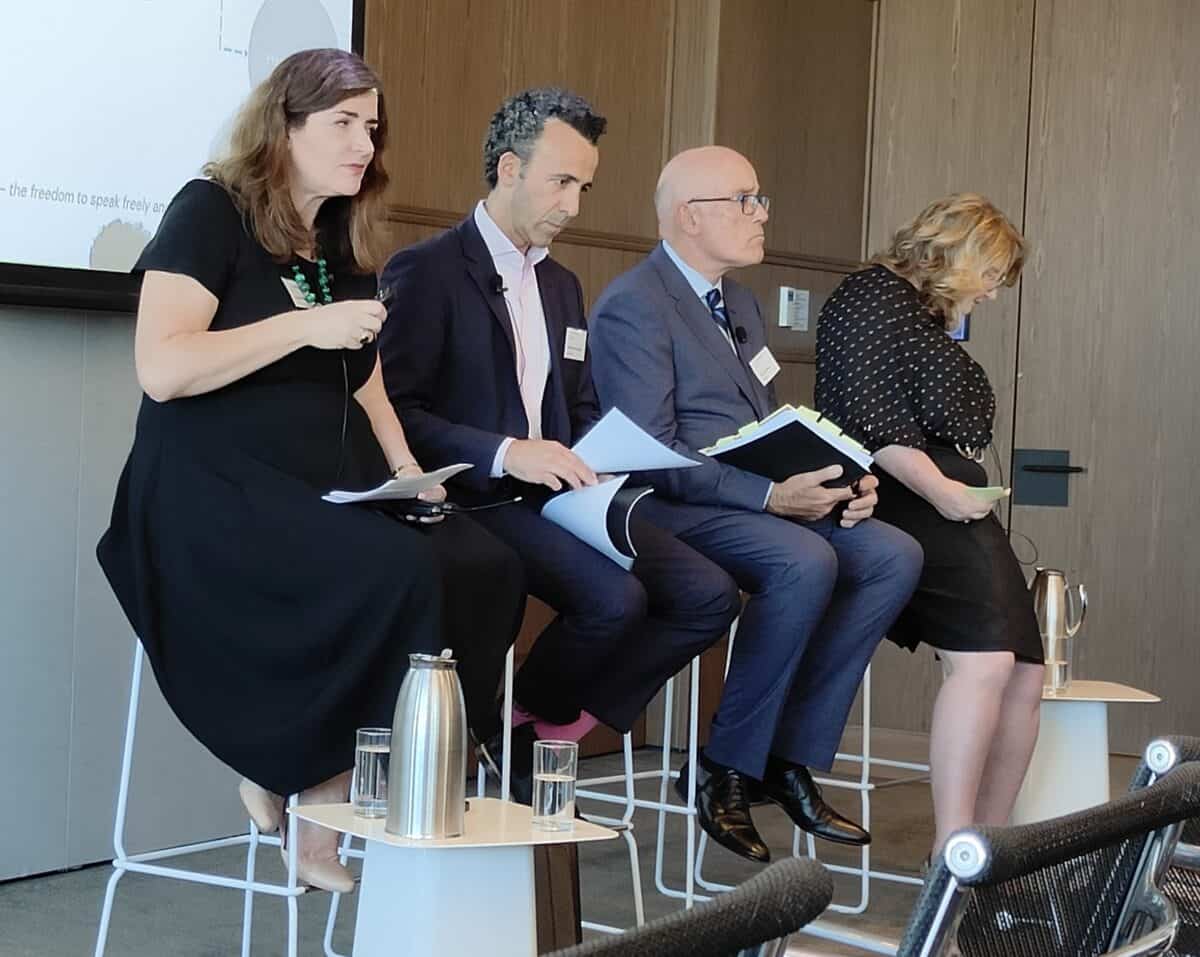Australia is experiencing a period of industrial reforms that is returning some power to workers and, according to some critics, the trade union movement – working hours, same pay for the same job, changing employment status, right to disconnect and more. A curious omission is a discussion of the concept of Zero Hours Contracts. This type of employment is crucial to improving mental health at work as it strengthens a worker’s job control, economy and security.
Category: lawyers
Purposeful or lazy discussion of Right-To-Disconnect and Working-From-Home?
There is a curious development in the current discussion in Australia about the newly introduced Right-To-Disconnect (RTD). Many are conflating RTD with Working From Home (WFH) – two separate but slightly overlapping changes to the world of work – which is impeding valid and necessary discussion.
Working From Home largely emerged as a response to the coronavirus pandemic and used flimsy work structures to provide business continuity. The WFH arrangements would have been unlikely to have been so widespread without the federal government’s investment in the National Broadband Network and the commercial growth in mobile phone communication infrastructure. However, that same infrastructure and investment have contributed to the problem that Right-To-Disconnect is intended to address.
Psychosocial laws may encourage political risks
In December, Australian law firm Maddocks launched its 2023 Year in Review. Two items were directly relevant to occupational health and safety (OHS) – Sexual Harassment and Psychosocial Safety – both addressed by Catherine Dunlop. The size of the challenge ahead on both these topics was shown by the Australian Financial Review on December 7, 2023:
“Fewer than half of directors are confident their companies will be able to adhere to new workplace sexual harassment standards when they come into force next week, with just one in five female directors saying their boards understand the requirements of the new regime.”
Outside of the Maddocks launch, there is also some speculation that Victoria’s proposed psychosocial regulations may never happen.
Billable hours are unsafe
Late last week, it was announced that prominent lawyer Michael Tooma was leaving Clyde & Co for a position with Hamilton Locke, focussing on environment, social, and governance matters. This is interesting in one way, as lawyers move firms regularly, but his comments about the social harm from law firms’ reliance on billable hours was more interesting.
Industrial Manslaughter distracts from what really works
South Australia’s Industrial Manslaughter Bill is being negotiated in its Parliament. New South Wales’ version is in development, and Tasmania has said it does not want to be left out, so the government has flagged its intention to have Industrial Manslaughter (IM) laws. Each politician stresses the importance of these laws to deter employers from doing the wrong thing and causing the death of a worker. However, there are serious concerns about the intended deterrent effect when other occupational health and safety (OHS) measures have been shown to be more effective.
Chalk and Cheese – legal seminars on mental health at work
Over the last few months, various seminars from law firms and others have focussed on how to comply with new and impending occupational health and safety regulations related to psychosocial hazards at work. Over the last fortnight, I attended two such seminars; they were as different as chalk and cheese, even though both had strong voices from lawyers, illustrating the sources of some of the confusion over the issue felt by some employers.
Confusing positions on mental health at work
On March 28 2023, the Victorian Chamber of Commerce and Industry (the Chamber) issued an important media release called “Preparing for workplace psychological health reform”. As with most media releases related to occupational health and safety (OHS) matters, it received little attention.
Anton Zytnik a consultant for the Chamber, warned against “mental health washing”, but this media release also contains examples of avoidance and misdirection. And he’s not the only one.







